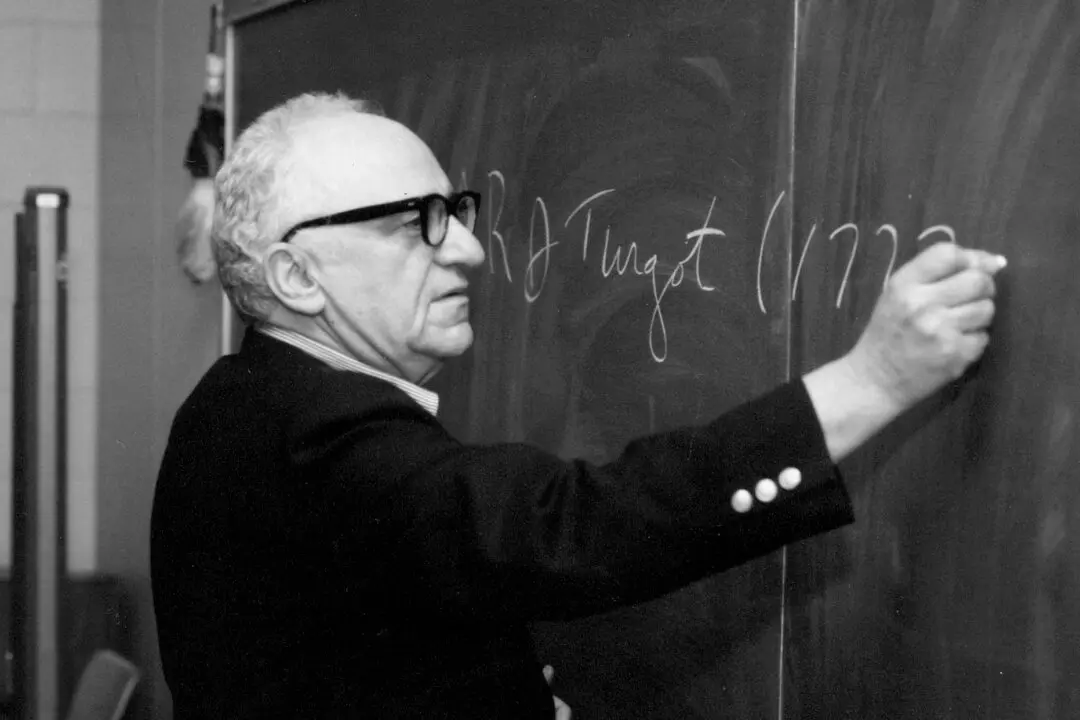Commentary
It’s a shift worth marking. New York Magazine is featuring an article called “COVID Lockdowns Were a Giant Experiment. It Was a Failure.” The authors are two excellent journalists, Joe Nocera and Bethany McLean, who have also written a new book called “The Big Fail,” which I have not read but intend to. The ascent of the book and thesis is hugely important, if only to further blunt the impact of Michael Lewis’s “The Premonition,” which came out in 2021 with the purpose of valorizing the absolute worst of the lockdowners.





